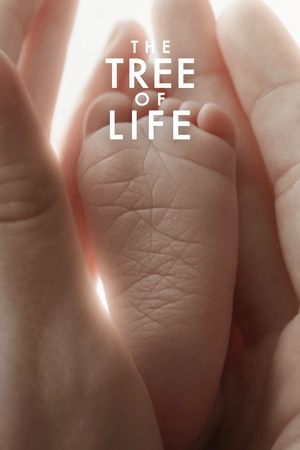
The Tree of Life
**Visually grandiose and made with true technical and artistic mastery, it is a film with difficult and indigestible themes, which will scare the audience with its slowness and tiring atmosphere.** There are films that are made for some audiences and not for most people, the general public. This film is one of them: being what it is, it doesn't even try to capture our sympathy or attention. The film did very well on the festivals circuit and even won the Palme d'Or at Cannes, in addition to being acclaimed by critics and intellectuals. However, it was not understood by almost anyone but them, it seems extremely cryptic in its message and script, and it was not able to please the mass audience: the proof is in the fact that it received three Oscar nominations without, however, winning any, and not even have been considered by the Globes or BAFTA. The film revolves around a middle-class Texan family between the present and the 1950s, and focuses particularly on the figure of Jack, the couple's son. The film shows how he lives his childhood, the unequal relationship he has with his parents (a more tolerant and good mother, and a more authoritarian and disillusioned father) and the way both, each in their own way, they try to prepare and educate him. In between, we observe the way they react to the death of one of the youngest members of the family. The film seeks to relate all this to the search for a meaning for human life, showing us images of the planet's history, and others that refer us to various spiritual and metaphysical meanings. We even got access to the characters' prayers and thoughts. All of this is very beautiful and interesting, and I even liked the characters because they are believable, genuine, well-built, with a rich psychology and manage to capture the audience's sympathy. The problem is that this audience may not even be able to handle the first half hour of film! When cinema deals with philosophical and spiritual themes, it tends to make very meditative and slow films, which drag on and seem heavier than would be desirable. And this movie didn't even try to get away from that and make something minimally palatable. And as if that wasn't enough, director Terrence Malick decides to use a non-linear narrative that confuses us even more! Overall, the cast did a very good job, within what was asked of him: Brad Pitt is a strong actor, who draws fans to the cinema by himself. He seems quite mature and aged in some scenes, but I think the character demanded that from him, as if visually conveying how old and world-weary the character felt. Sean Penn is just as good at what he does, even if the actor doesn't seem aware of what he's actually doing! Young Hunter McCracken, at this point, managed to untangle himself just as well and with more of a sense of direction and focus. Jessica Chastain, for her part, is stunning, and the visual beauty and costumes were particularly sympathetic to her. On a technical level, the film really deserves to be named as one of the most significant of the year 2011, given its visual and aesthetic quality. The cinematography is some of the best and most beautifully executed I've seen in a long time, and that's all the more remarkable considering that director Malick tried to restrict the use of CGI and adopt other more conventional visuals to achieve the same results. We saw something similar in scenes from “The Fountain”, a film that came to my mind several times while watching this film, either because of the elaborate visuals or the spiritual and metaphysical theme. I also liked the sets, costumes and props, which were able to accurately recreate the atmosphere of the American middle class of the 1950s. The music and sound effects also do a very good job.
